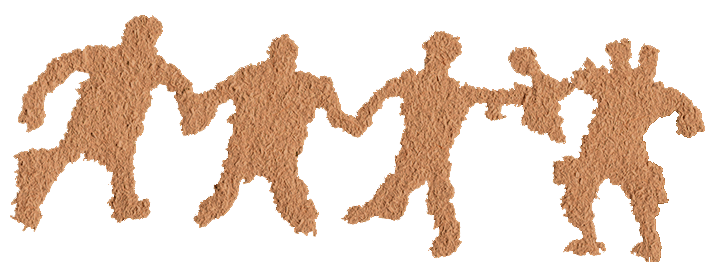| 't-acikcenomon |
s/he moves it (eye) |
| 't-acikcenomuwan |
s/he moves something (eye) belonging to h/ (e.g., doll) |
| 't-ahsiqenuweyal |
s/he covers h/ eyes, s/he blindfolds h/ |
| ahsuwolaqepisu |
s/he has eye(s) covered, is blindfolded; s/he is wearing veil |
| apsalokiqe |
s/he has small eyes |
| apskapu |
h/ eyes are open; s/he opens eyes |
| assokalokiqe |
h/ eyes look strange or funny |
| 't-astuwalokiqenal |
s/he crosses h/ eyes (see examples) |
| astuwalokiqensu |
s/he crosses own eyes (deliberately) |
| astuwikcehta |
s/he crosses eyes intentionally |
| asuwalokiqe |
s/he has crooked eye, has wandering eye, is wall-eyed |
| cipalokiqewu |
h/ eyes get big, s/he has frightened-looking eyes |
| 't-emehkekcenomon |
s/he lowers it (eye) |
| epolehsekopisu |
s/he has one eye covered with patch or bandage; (as name of person in oral tradition; see examples) Lucky |
| 't-ewepikcenomon |
s/he raises it (eye) |
| isikonapskapu |
s/he has one eye open |
| 't-iyalikcenomon, 't-alikcenomon |
s/he moves it around (eye) watching or looking |
| 't-iyali-tpinomon, 't-ali-tpinomon |
s/he goes around watching it, s/he keeps an eye on it |
| 't-iyali-tpinuwal, 't-ali-tpinuwal |
s/he goes around watching h/, s/he keeps an eye on h/ |
| kcalokiqe |
s/he has something in corner of eye |
| kecalokiqat |
edge or corner of h/ eye |
| kikcokalokiqehe |
s/he has itchy eye(s) or anus |
| kinalokiqe |
s/he has big eyes |
| kinalokiqenaqsu |
s/he looks as if s/he has big eyes |
| kinalokiqewu |
s/he opens eyes wide |
